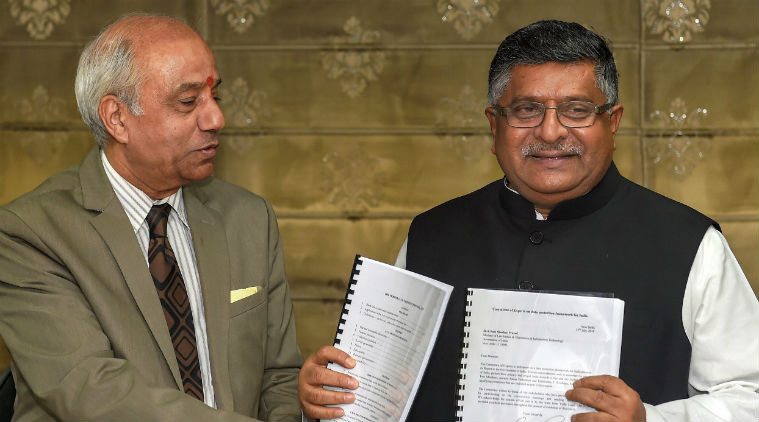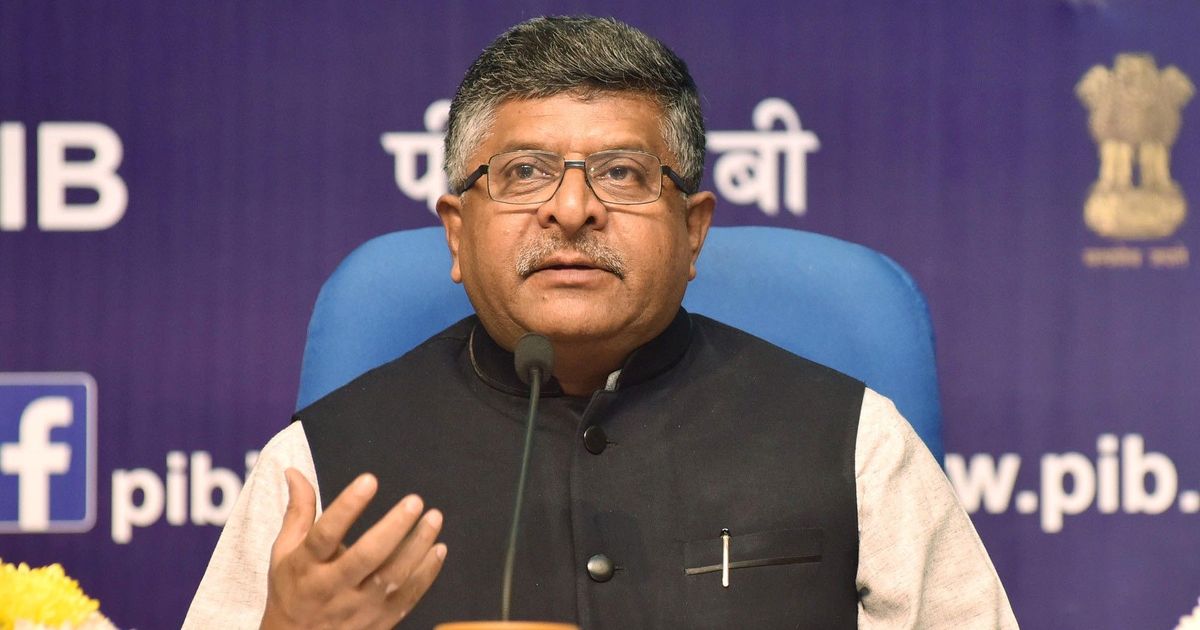The new law is likely to breach privacy and raise several important concerns about the proper utilization of data. The hue and cry over the mandate by the Opposition has asserted that it will be an assault on privacy.
Rajeshwari | The New Leam

On December 20, The Ministry of Home Affairs issued an order which authorised 10 Central agencies to intercept, monitor, and decrypt “ any information generated, stored, and transmitted in any computer”, under the section 69 of Information Technology law issued in 2009.
The order issued by the home ministry’s cyber and information security wing and signed by home secretary RK Gauba, has authorised 10 agencies- Intelligence Bureau, Narcotics Control Bureau, Enforcement Directorate, Central Board of Direct Taxes, Directorate of Revenue Intelligence, Central Bureau of Investigation, National Investigation Agency, Cabinet Secretariat, Commissioner of Police, Delhi, and Directorate of Signal Intelligence (For North-East, Assam, and Jammu & Kashmir service areas) to track content in any computer belonging to any individual or organization. The home ministry also said that each case of interception, monitoring, and decryption has to be approved by Union home secretary with the review by cabinet secretary in every 2 months.
As stated in the order, any individual or organization- subscriber or service providers, failing to provide the mentioned agencies with all facilities and technical assistance will be met with seven- year imprisonment and fine. The order by Ministry of Home Affair evokes section 69 (1) of the IT Act 2000 which authorizes the central government to direct agency to take action in the “interest of the sovereignty or integrity of India, defense of India, security of the state, friendly relations with foreign states or public order or for preventing incitement to the commission of any cognizable offence relating to above or for investigation of any offence.”
The order triggered a huge political backlash against the government, with the opposition flagging the centre’s act as “extremely worrisome”. While describing the order as a “direct assault on civil liberties and personal freedom of citizens “, Senior Congress Leader Ahmed Patel expressed his reservations against the government in his twitter stating, “The sweeping powers given to agencies to snoop phone calls and computers without any checks and balances is extremely worrisome. This is likely to be misused.” However, after the order caused a ruckus in Rajya Sabha, the finance minister, Arun Jaitley told the house the order issued had been in existence since 2009 and the home ministry had only repeated the order.
The order is seen as a direct defiance of the Supreme Court 2017 judgement which directed the government to protect the informational privacy of every individual and sensitively address the individual’s privacy and legitimate concerns of the state even if the national security was at stake. The order however gives blanket power to the government with a wide range of government bodies with no apparent common thread among them to access individual’s private information. As pointed by Sajan Poovayya, a Senior Advocate who was one of the leading counsels in the 2017 SC judgment, the order also does not mention the procedure or object or quantum of time period for which an individual’s data would be intercepted. Such a blanket order for surveillance raises serious concerns for ensuring the protection of the rights to privacy of the citizens.
Given the privacy judgment, SC has asked the government “to be sensitive to the needs of and the opportunities and dangers posed to liberty in a digital world”, it is expected by some experts that the order passed on Thursday will be challenged in the apex court.














